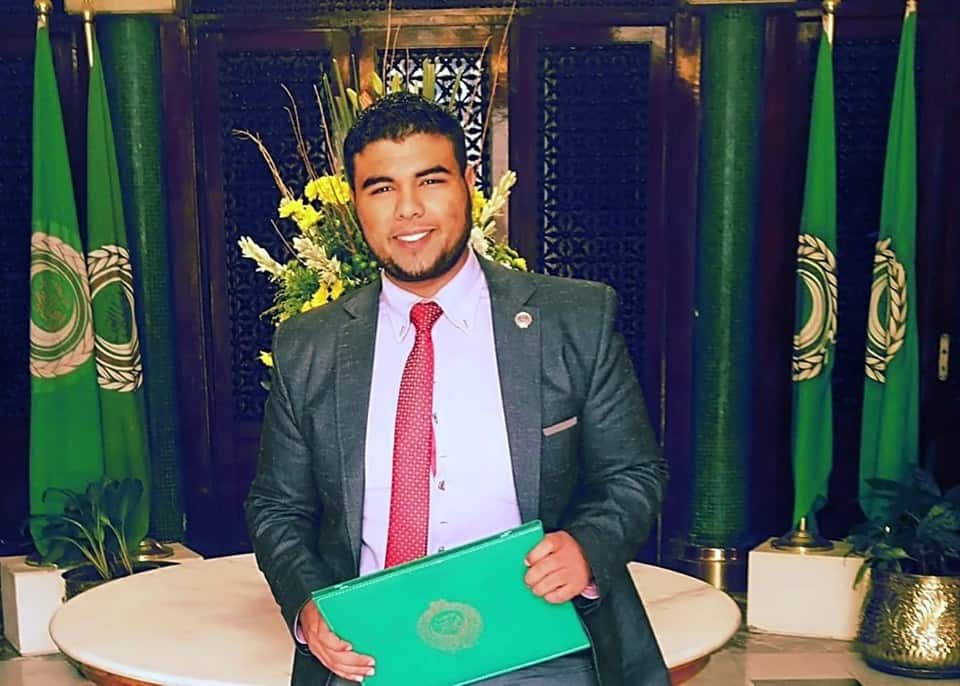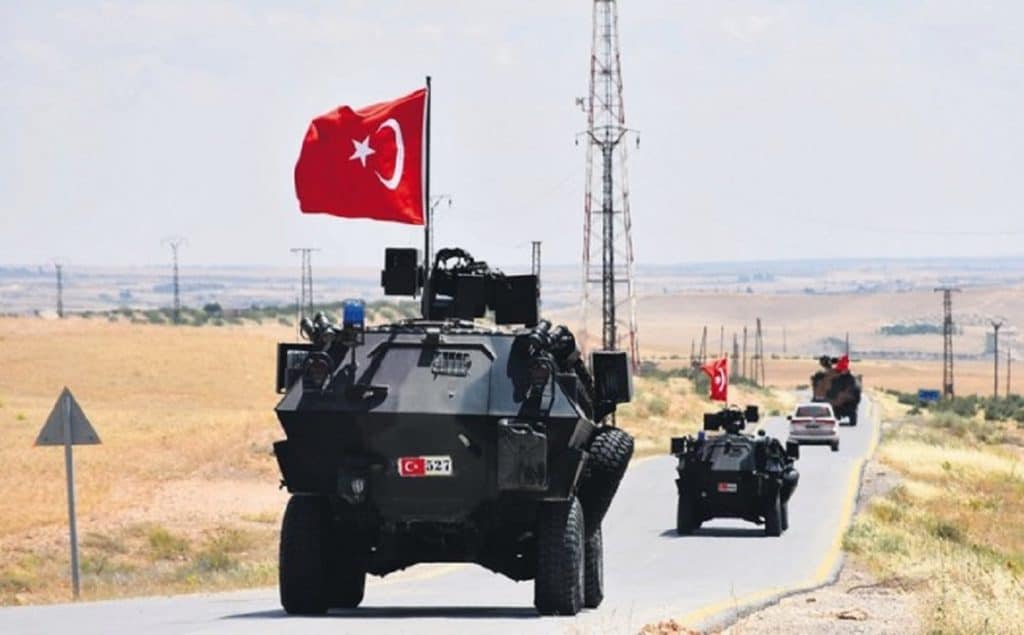By Denis Korkodinov – Interview with Mahmoud Abohosh El Shahin
Nine days after the start of Operation Source Peace, in the northeastern Syria, the Turks suspended their attacks to the YPG position. This was the result of an agreement reached on October 17, 2019, under US pressure. A ceasefire regime for a period of 120 hours was introduced on the territory of Rojava. During this period of time, the Kurdish armed formations must leave their positions and move away from the Turkish army units to a safe distance.
Meanwhile, the agreement does not define the borders of the so-called “security zone”, for the creation of which Ankara launched the “Source of Peace” operation. This circumstance does not guarantee the Kurds about the compliance with the terms of the ceasefire, since it increases the risk of armed clashes in any area that Turkey will consider within the alleged “security zone”.
Especially for World Geostrategic Insights, we talked about this with a political expert of the Middle East at the Giddar Research Center, Mahmoud Abohosh El Shahin, Egypt.

1. Touching upon the theme of Turkey’s military operation “Source of Peace” in northeastern Syria, it is worth noting that Ankara hatched plans for its implementation, starting in 2016, when SDS forces attempted to establish control over the city of Manbij, but were stopped as a result of Turkish offensive operation “Shield of the Euphrates.” For this reason, the “Source of Peace” is a logical continuation of Ankara’s previously organized actions to expand its sphere of influence in northern Syria and formally aimed at creating a “security zone” 30-40 kilometers deep into Syrian territory, occupied mainly by Kurds. At the same time, under the present conditions, the only direction for the Kurdish armed groups oppressed by the Turks is the east, that is, the territory of Iraq. Does this mean that after the completion of the operation “Source of Peace” Ankara may organize a new military campaign against the People’s Protection Units (YPG)in Iraq?
– Turkey has set four main goals for Operation Source of Peace. Thus, according to the statement of the Turkish Foreign Ministry, this operation is aimed at clearing the region of terrorists, ensuring border integrity and security in northeastern Syria, which would allow Syrian refugees to return to their homes without risk to their lives.
But if we look at the hidden motives of this operation, we find that Turkey seeks to get rid of the Syrian democratic forces, which are considered by the Turks as a threat to national security, especially in connection with the fact that they are directly related to the “PYD”, which they consider terrorist organization.
Ankara has been one of the most prominent participants in the Syrian refugee project since 2015. This explains the recent statement by Turkish President Recep Erdogan about the risk of an increase in the number of Syrian refugees in Europe. if the operation Source of Peace is described by the international community as an act of military aggression, it confirms the Turkish regime’s intentions to penetrate deep into Syria. In the same context, such operations lead to chaos and the spread of a greater number of displaced persons from the hotbeds of the conflict, including into Iraq.
In this regard, Ankara is unlikely to be able to limit itself to the northeastern part of Syria, since after the completion of the military operation, the problem of confronting the “YPG”, whose militants can move to Iraq, will not be solved. This forces Ankara to subsequently extend hostilities to Iraqi territory, as a result of which relations between Ankara and Baghdad are very likely to be extremely tense.
1. How likely is it that Turkey can create a “security zone” with a length of 30-40 kilometers in northeast Syria in the short term?
– In the present conditions, the Turks, despite the declared militancy, are actually quite limited in Syria. For this reason, they can advance in the north-east of the country only if Moscow, Damascus, Tehran, Baghdad and Washington will allow them to do. This applies, first of all, to the creation of a “security zone” 30-40 kilometers deep into Syrian territory.
In other words, if the international community is determined to provide the Turks with the opportunity to establish a “best security zone” within the prescribed limits, then Ankara will be able to act. But if the international community will strong oppose, then the Turks will not be able to do anything.
3. Is there any expectation of any repressive measures on the part of the United Nations against Turkey?
– The Turkish military operation “Source of Peace” takes place in the context of Turkish justifications for applying Article 51 of the UN Charter to protect its national security from Kurds.
Turkey seeks to create an area along the northern Syrian border at a depth of 32 km and a length of 480 km, but Mike Pence’s visit to Ankara stopped the Turkish military operation in northern Syrian cities for 120 hours, which allows Kurdish forces to retreat to a safe distance.
Against the background of this operation, European countries have already proposed a draft UN Security Council resolution condemning Turkey’s actions, but failed due to the use of veto power by Russia and the United States. For this reason, the UN can not do anything yet, except for public criticism regarding Ankara. But this does not indicate that the UN member states cannot unilaterally impose sanctions against Turkey, which, however, the United States and some other regional players have already done.
4. Are armed clashes likely between the Turks and the Syrian government forces supported by Moscow?
– Recep Erdogan has already threatened the possibility of a confrontation between the forces participating in the operation “Source of Peace” and the Syrian government forces, but his belligerent attitude against Damascus quickly changed the floor under pressure from Moscow. For this reason, there will be no confrontation as long as the border is protected by Damascus, and Russia plays a large role in aspects of the scenario of a likely confrontation between two Damascus and Ankara
The Turkish president seems to have agreed that Russia and the official forces of Bashar al-Assad establish control over Manbij and Ain al-Arab (Kobani). The reason for this is Turkey’s inability to confront the Syrian regime and Russia in these two cities, which is already the motivation that made him formally abandon claims to Manbij and Kobani, despite the importance of these cities from the point of view of Turkey’s military interests.







